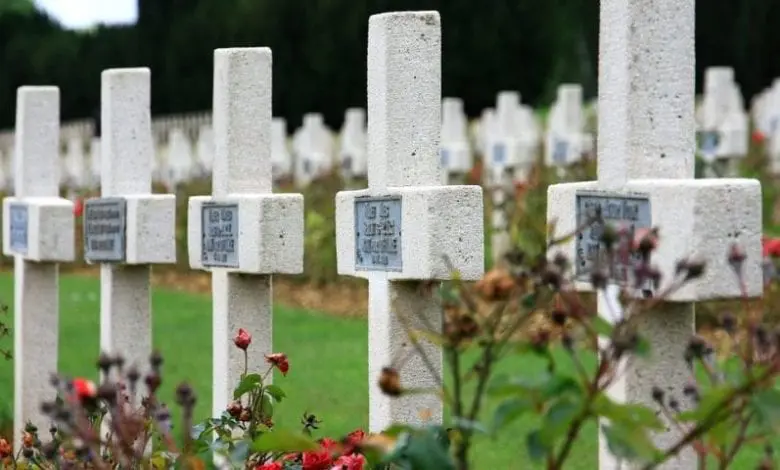Co-op reveals findings of its ‘biggest ever’ death survey

Almost 18 million people are uncomfortable talking about death, according to Co-op’s “biggest ever” survey of over 30,000 people looking at the UK’s attitudes to death, dying and bereavement.

